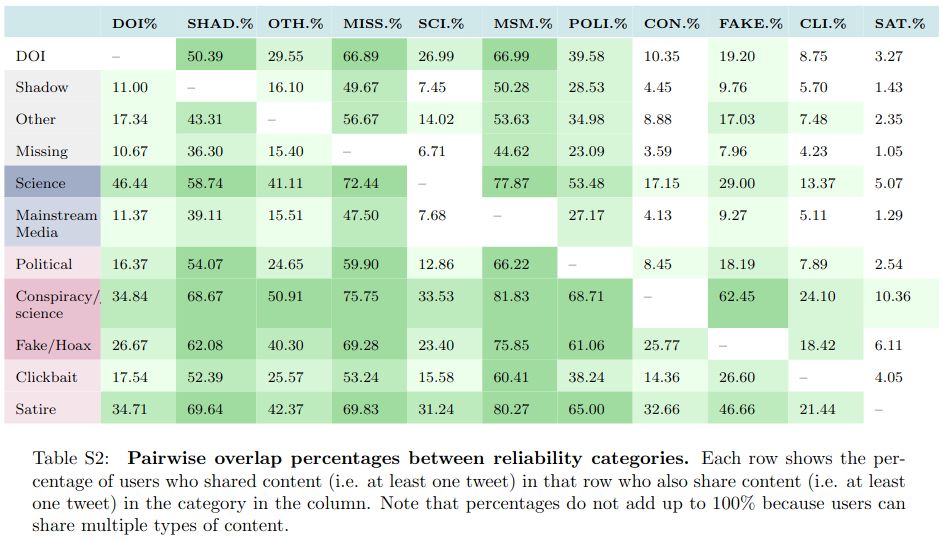
«Sam•Forsythe»
@polymetis.bsky.social
🌩️ Polemologist, Peircean & μῆτις enthusiast
🕊️ Research & Science Communication @prif.org
🔎 PhD on Deception in International Politics
✒️ War & Peace | Philosophy of Inquiry | Political Theory
🕊️ Research & Science Communication @prif.org
🔎 PhD on Deception in International Politics
✒️ War & Peace | Philosophy of Inquiry | Political Theory
prohairetic? from prohairesis, though it may lean more towards moral will and volition than what you're aiming at
November 10, 2025 at 12:20 PM
prohairetic? from prohairesis, though it may lean more towards moral will and volition than what you're aiming at
Reposted by «Sam•Forsythe»
Surprisingly, we find that users who share unreliable URLs are more likely to share science. Moreover, this is particularly concentrated in more untrustworthy domains classified as fake/hoax or conspiracy theory. (3/10)

July 4, 2025 at 10:38 AM
Surprisingly, we find that users who share unreliable URLs are more likely to share science. Moreover, this is particularly concentrated in more untrustworthy domains classified as fake/hoax or conspiracy theory. (3/10)
i also like following the reconstruction of the author's own on-line reasoning. it presents their whole inquiry, and not just deductions from the results
April 28, 2025 at 12:34 PM
i also like following the reconstruction of the author's own on-line reasoning. it presents their whole inquiry, and not just deductions from the results

